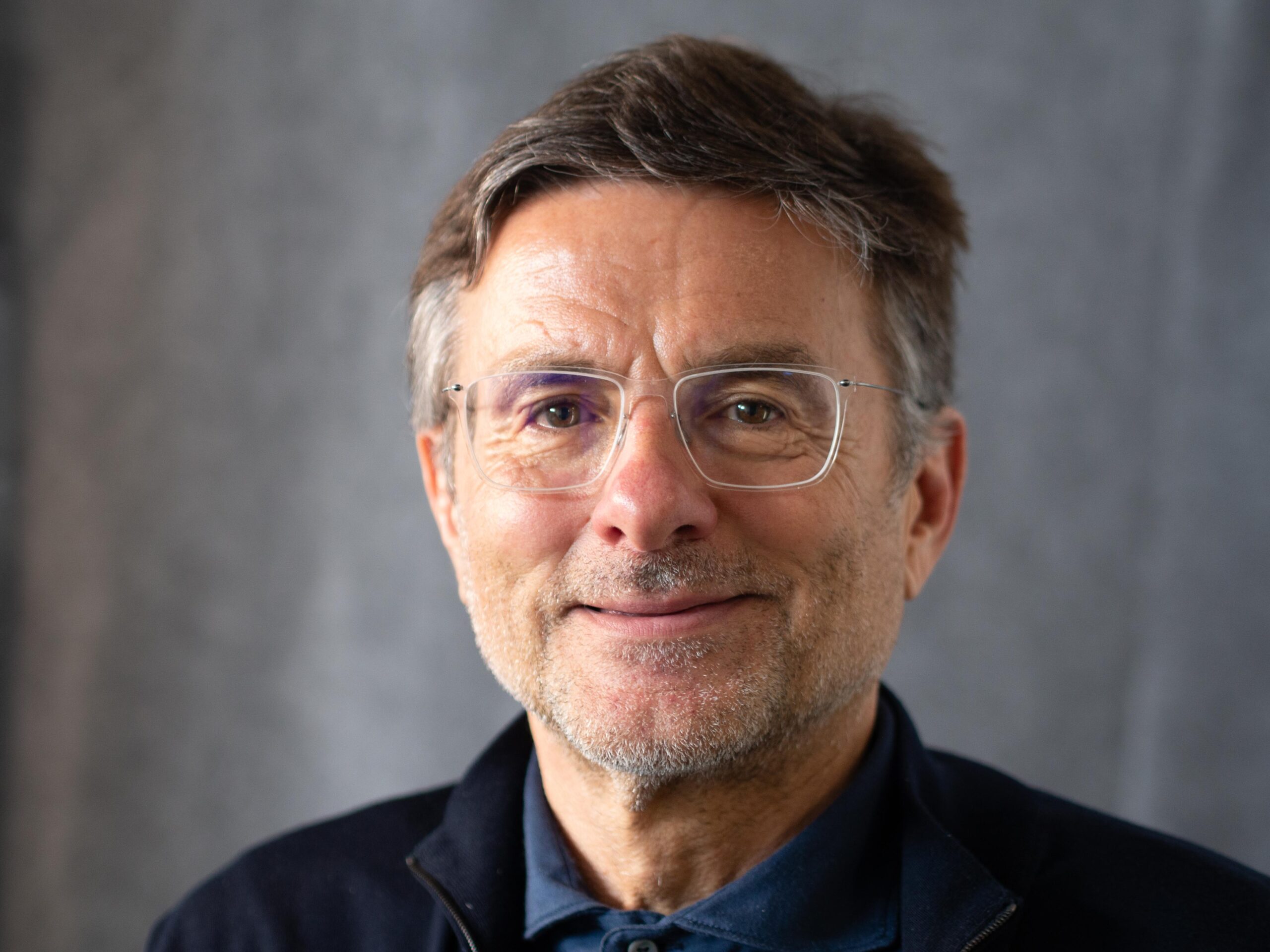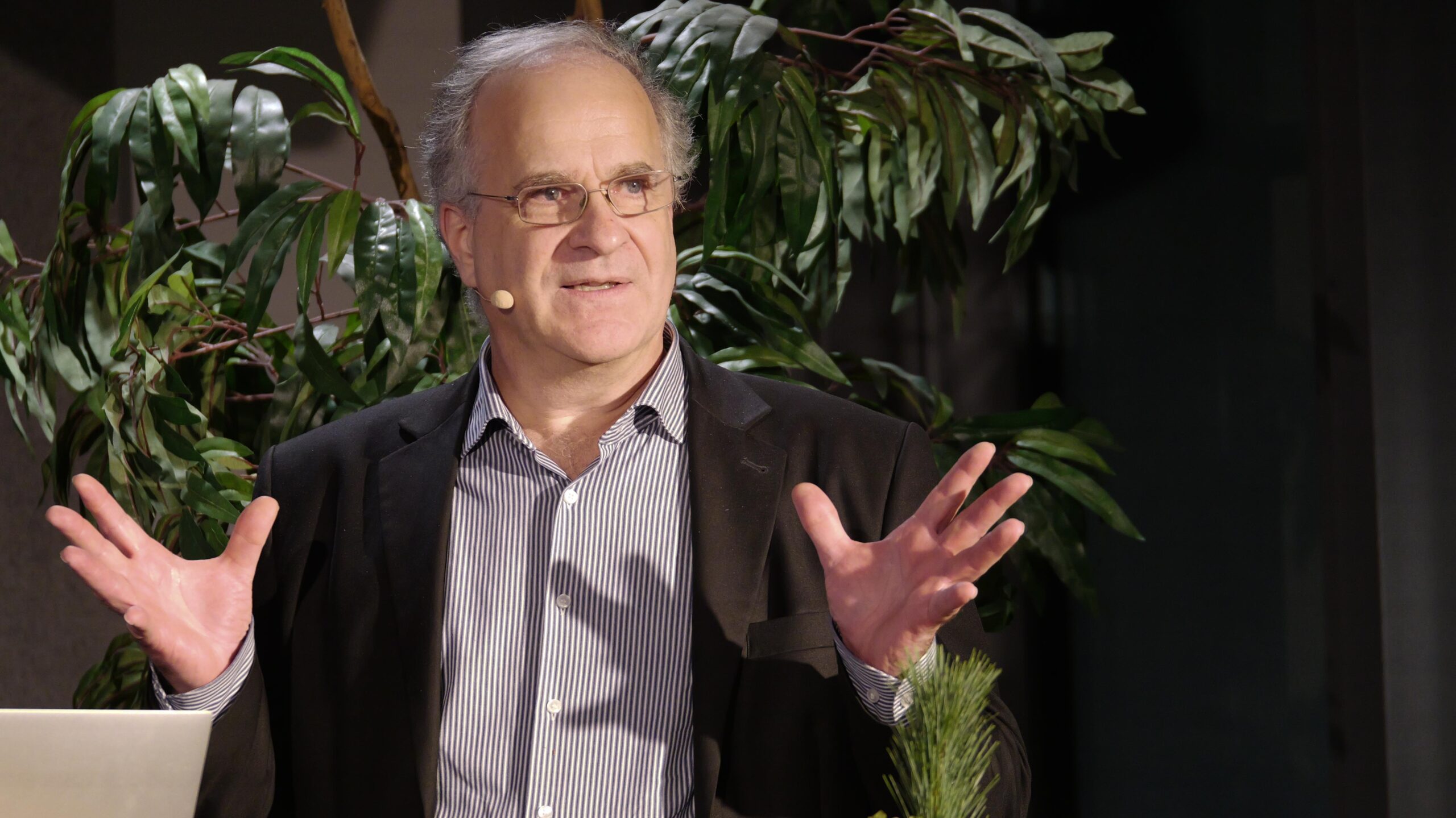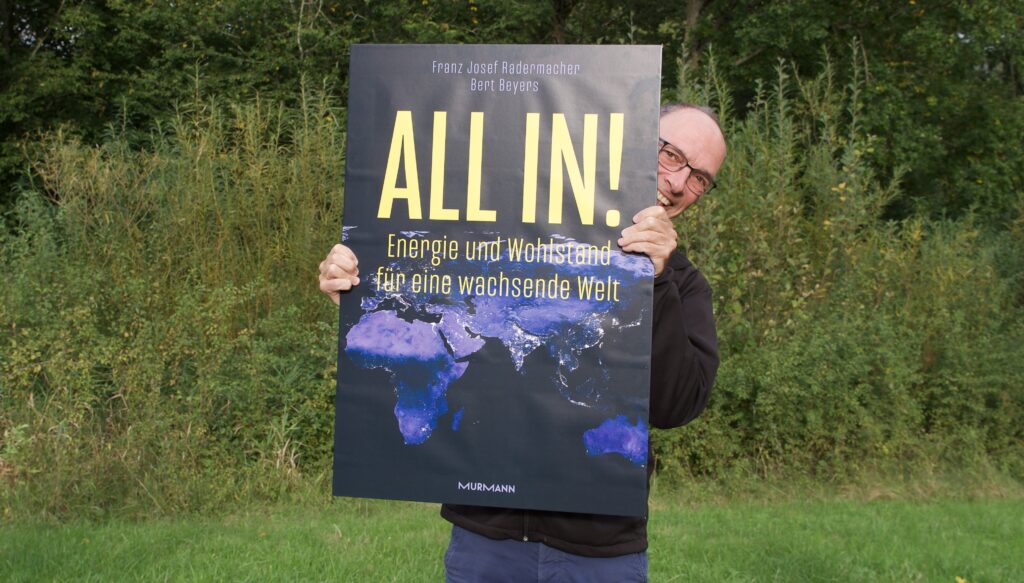At this point, some news of the last few weeks will be addressed which, from GES’ point of view, are reason for hope because they contain building blocks of a possible global solution and / or could help to develop a realistic view of the challenges ahead of us.
In an interview with Dr Daniel Stelter as part of the podcast “beyond the obvious”, GES board member Franz Josef Radermacher explains how inefficient and ineffective German and European climate policy is – and contrasts this with the GES approach. In the podcast, from minute 34:30.
Prof. Dr Wolfgang Reitzle, member of the GES Board of Trustees, sharply criticises the German energy transition in a guest article for The Pioneer. The “probably dumbest climate policy in the world” is leading to a double dead end: “Because it does nothing for the climate, but strangles the economy.”
According to Cicero, Green Party string-pullers manipulated the decision to phase out nuclear power. Economics Minister Robert Habeck was also misinformed about the decision to extend the operating life of German nuclear power plants in 2022. Cicero relies on files from the Ministry of Economic Affairs. Habeck contradicts: “The documents tell a different story than has been rumoured.”
The German energy transition may be even more expensive than expected. The FAZ reports on a study by Ernst & Young and the German Association of Energy and Water Industries, according to which the total costs between 2023 and 2035 will be 1.214 billion euros. By 2030 alone, 721 billion euros would be needed. So far, investments have fallen far short of this.
Germany is investing billions of euros in the construction of a hydrogen core network. There are plans for 9,700 kilometres of pipelines, presumably converted natural gas pipelines. However, according to a study by the US think tank Strategie&, Germany and Europe are not on track with the expansion of their hydrogen infrastructure. In order to achieve its target of ten gigawatts of electrolysis capacity by 2030, Germany would have to add one to two gigawatts per year. In the past two years, however, the figure has only been 0.25 gigawatts.
The European Commission has approved a 900 million euro programme by the French government to promote climate-neutral fuels. The programme also includes hydrogen produced on the basis of nuclear energy (pink hydrogen).
Members of the Bundestag from the Greens, FDP, SPD and CDU/CSU are calling on the German government and the EU Commission to take tougher action against allegedly mislabelled biofuels from China. GES is an advocate of HVO (biodiesel), but on the condition that the fuel is produced sustainably – not using palm oil, for example.
In order to achieve the German and European climate targets, the German Academy of Sciences Leopoldina is increasingly focussing on the storage and utilisation of CO2 . Carbon capture and storage should not only be used under the sea, but also on land. Existing infrastructure, such as the gas network, should not be abandoned prematurely, but utilised as extensively as possible.
Five European countries have agreed on cross-border transport routes for CO .2 These include: Belgium, Denmark, the Netherlands, Norway and Sweden. The first CO2 transports from the Netherlands to Norway are scheduled to take place from next year. There, the CO2 will be stored under the seabed.
Coal use reached a new record high last year. According to a report by the Global Energy Monitor, 69.5 gigawatts of coal-fired power plant capacity were commissioned in 2023, while 21 gigawatts were decommissioned. Most of the new coal-fired power plants were added in China. Meanwhile, the G7 countries have agreed in principle to phase out coal by 2035.
Thyssenkrupp is building one of the world’s first CO2 -free cement plants in Lägerdorf, Schleswig-Holstein. If the plant goes into operation as planned in 2028, 1.2 million tonnes of CO2 emissions could be avoided each year.
Germany’s largest operator of waste incineration plants, EEW Energy from Waste, is testing a carbon capture plant in Hanover. EEW aims to be climate-neutral by 2030.



